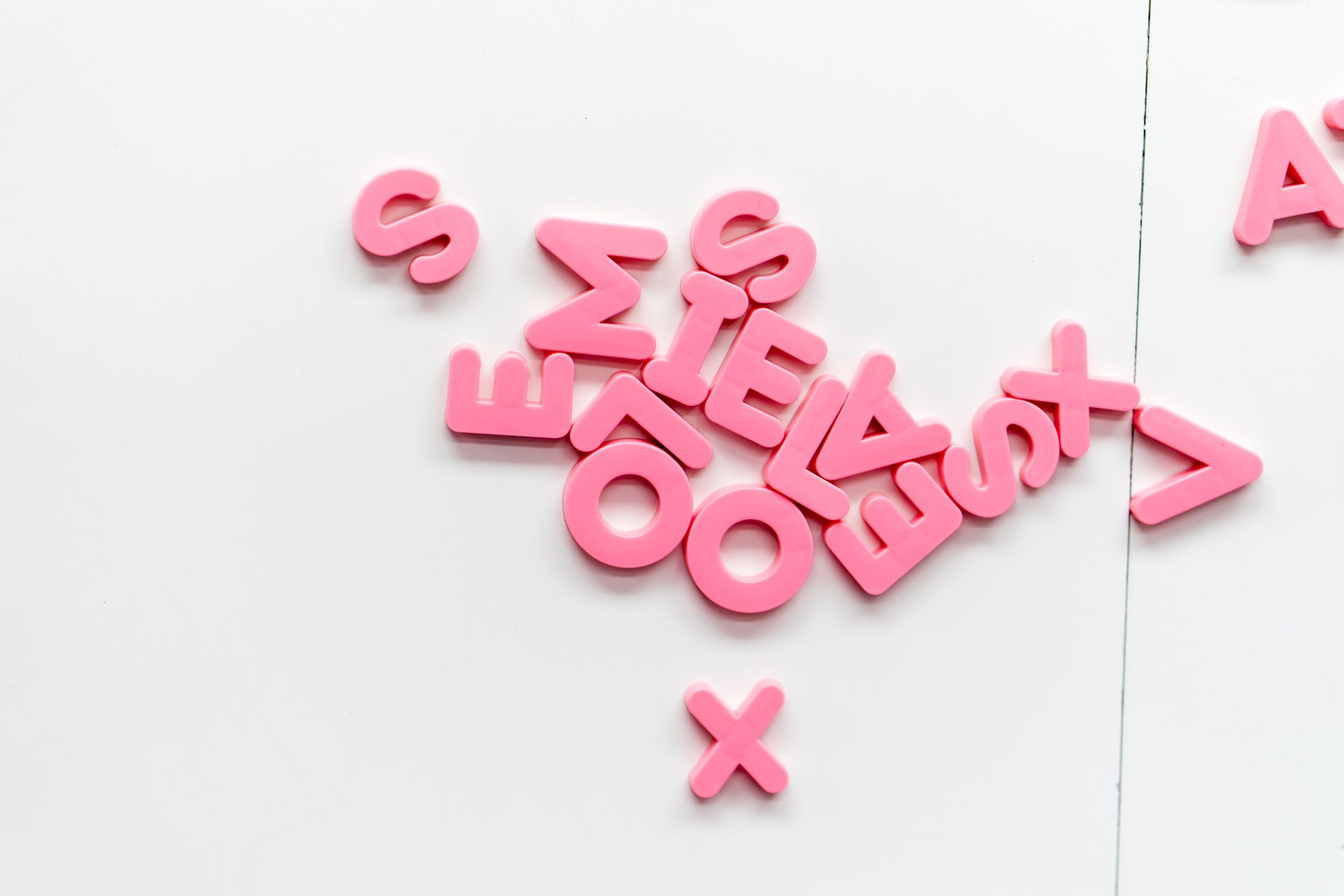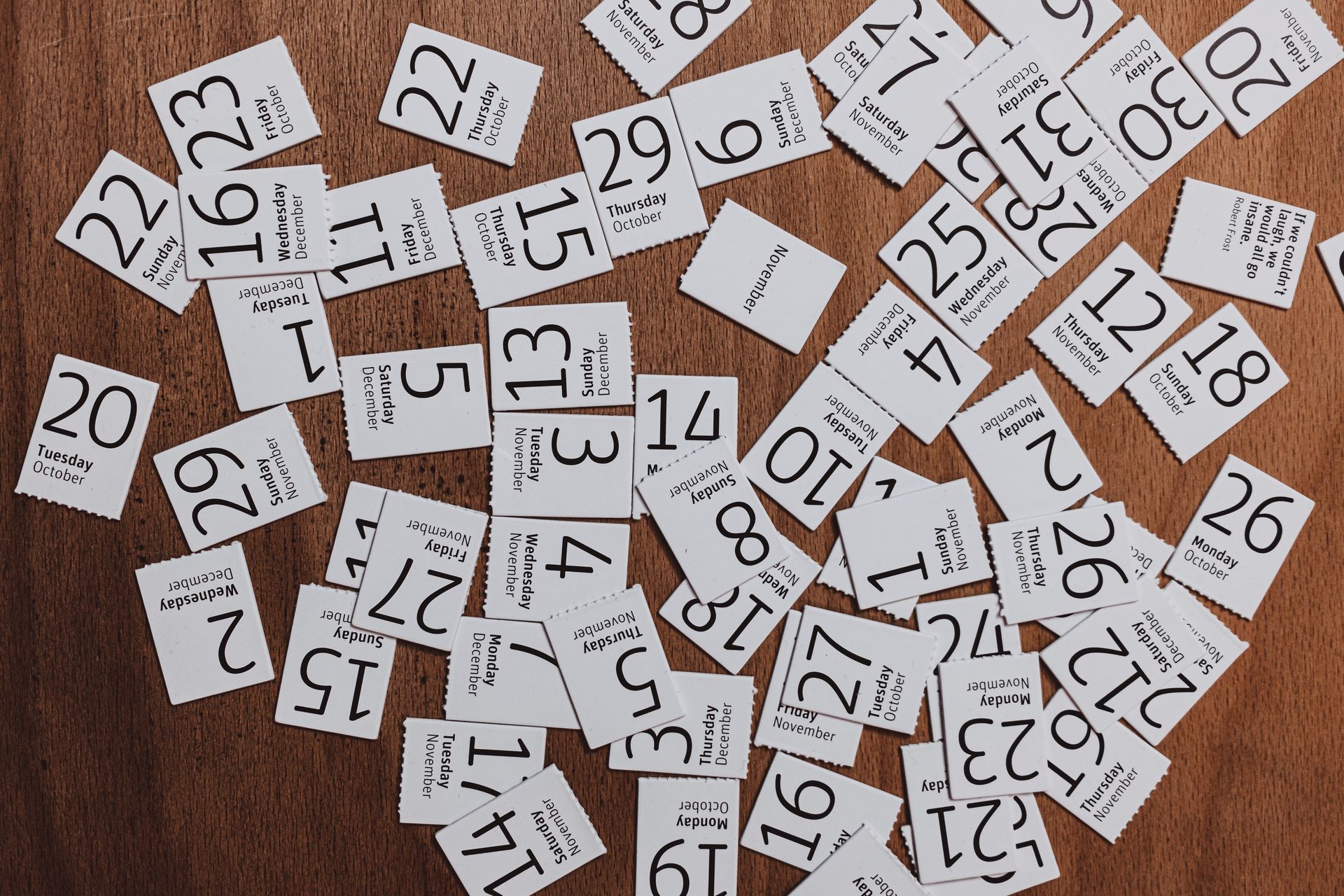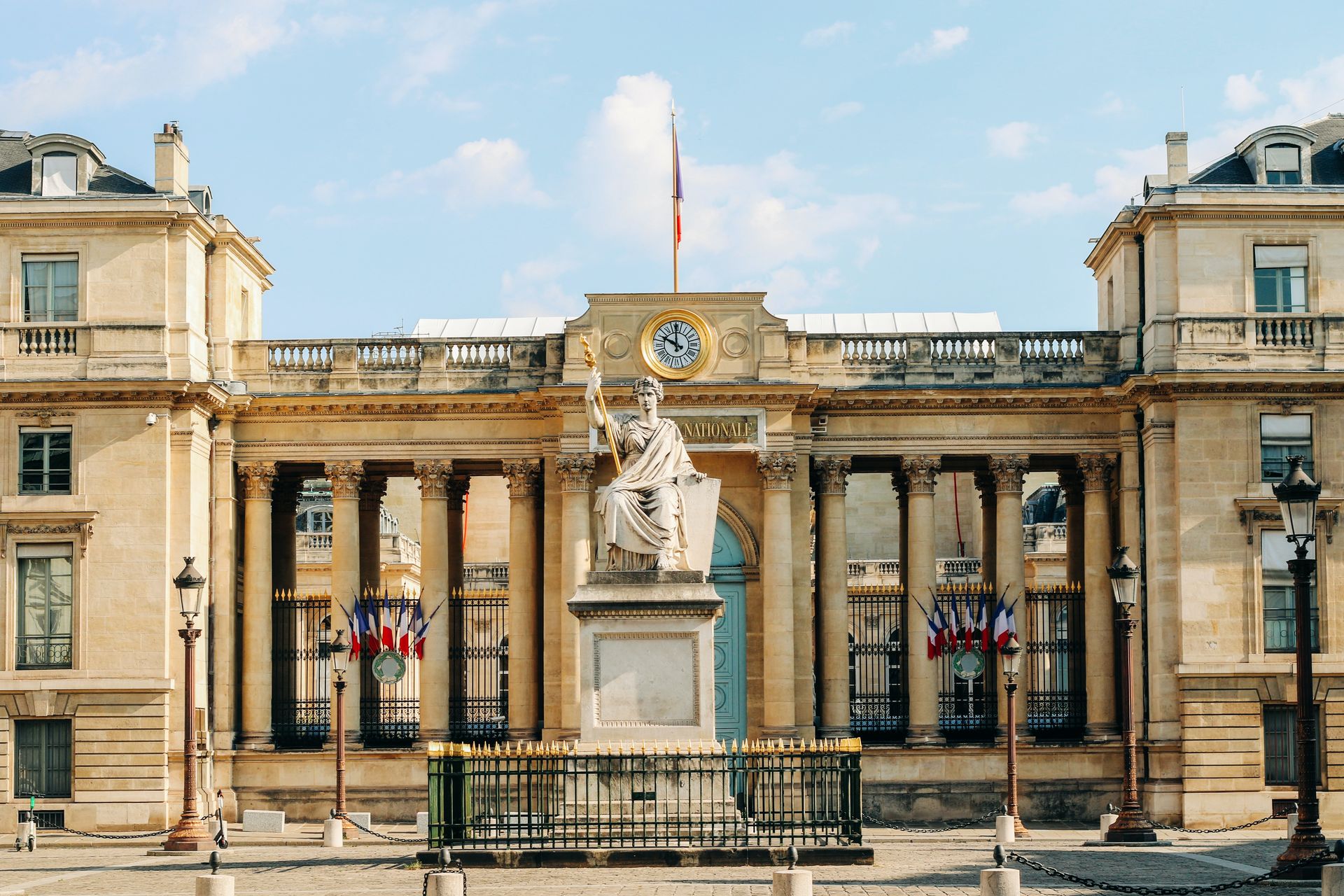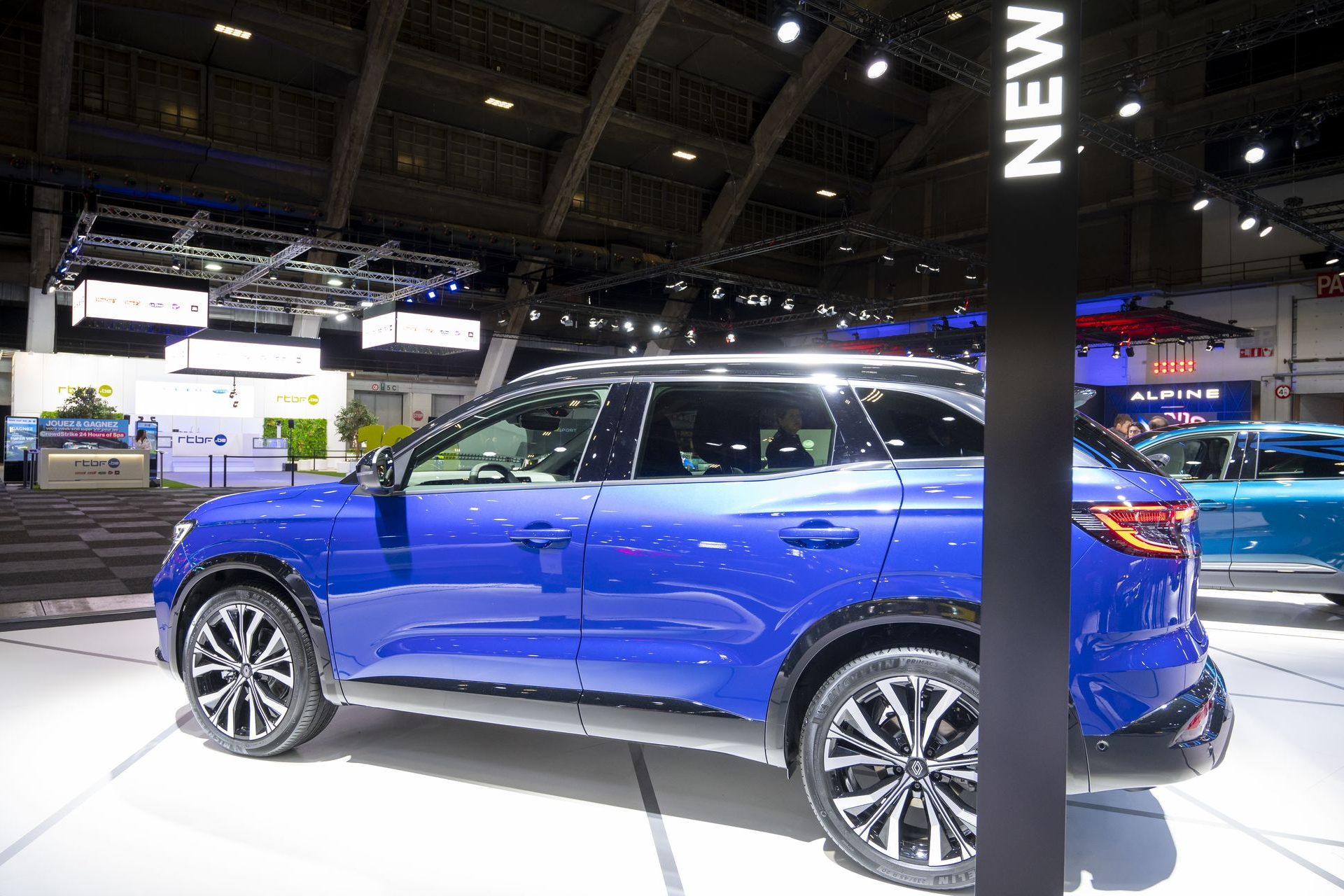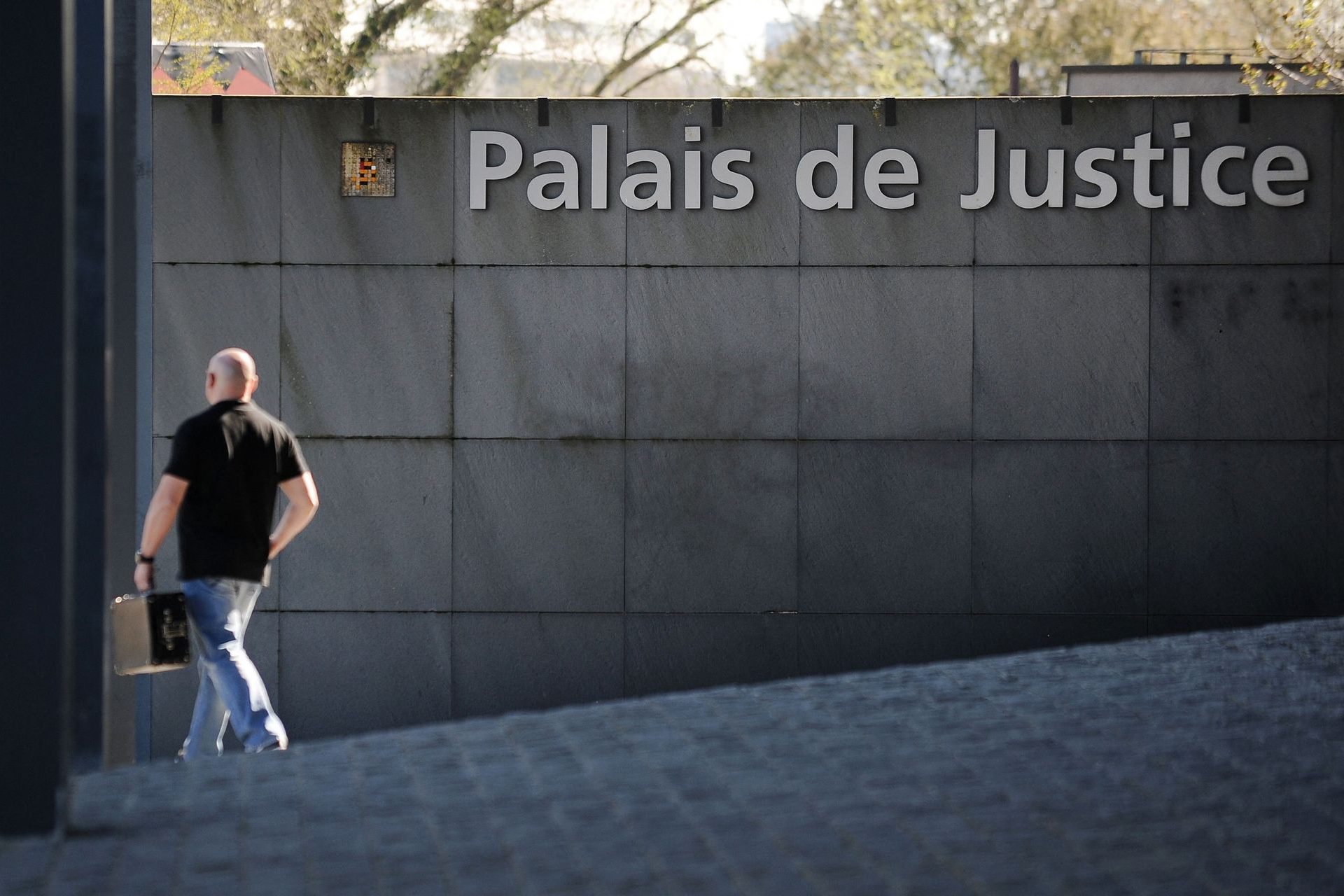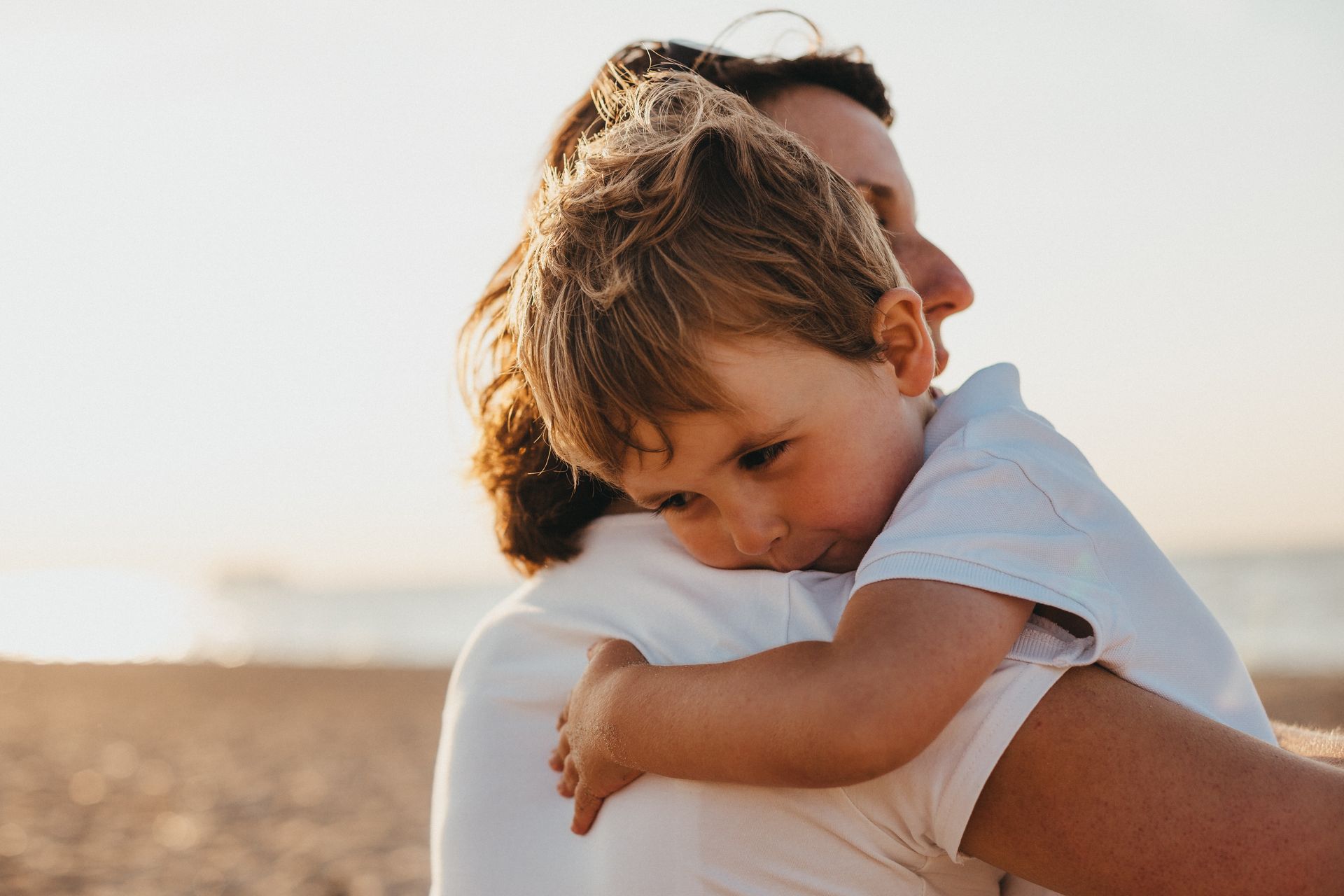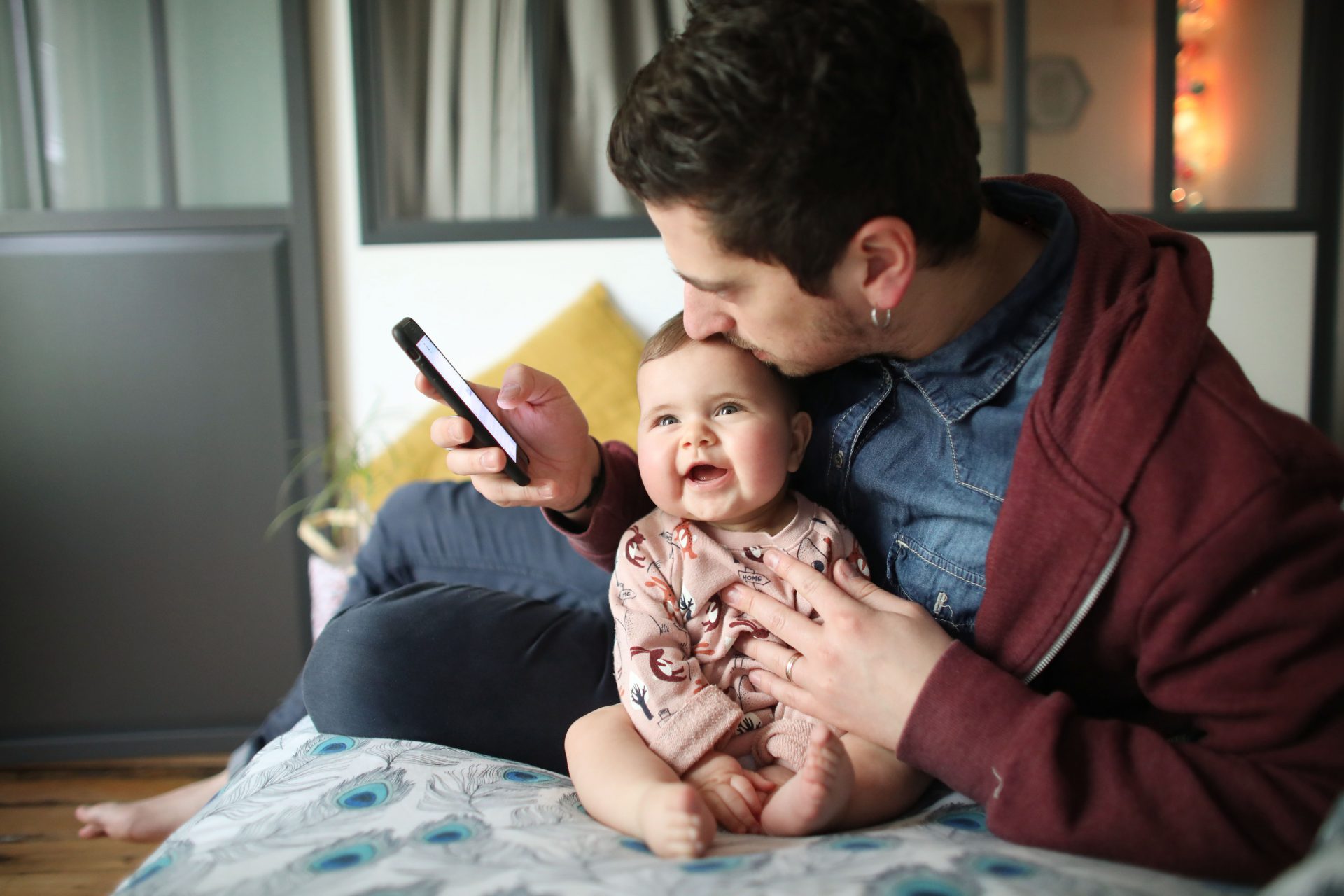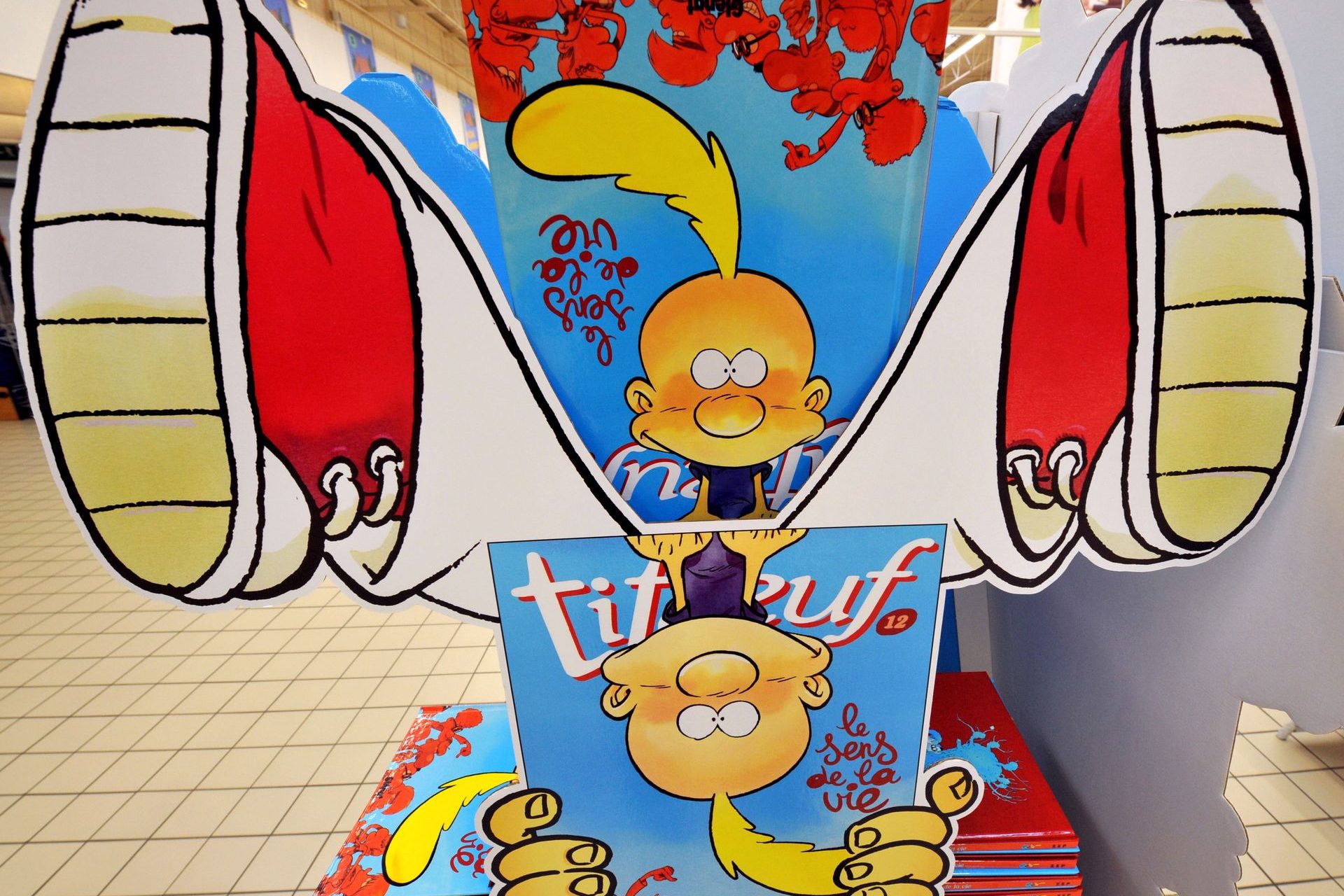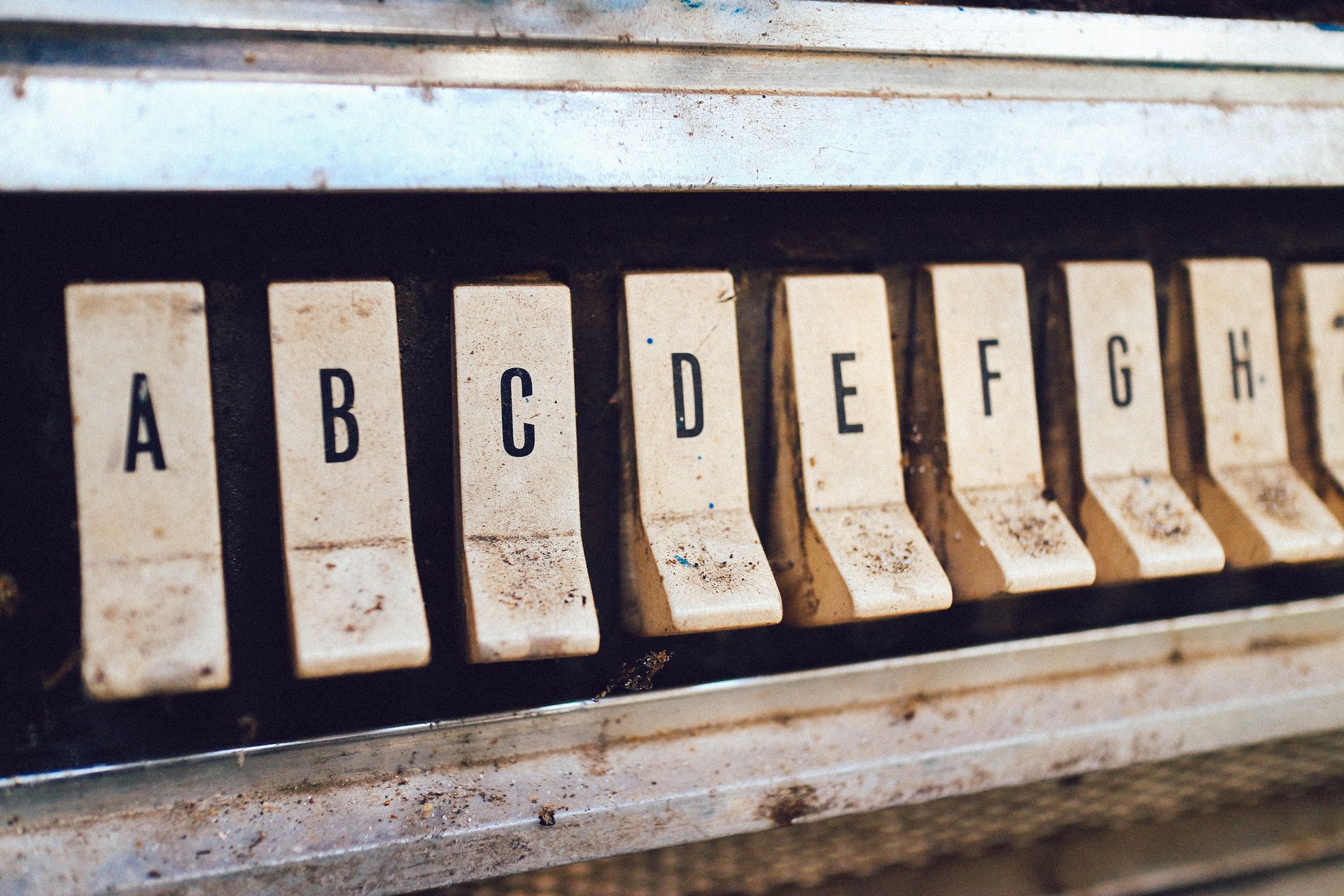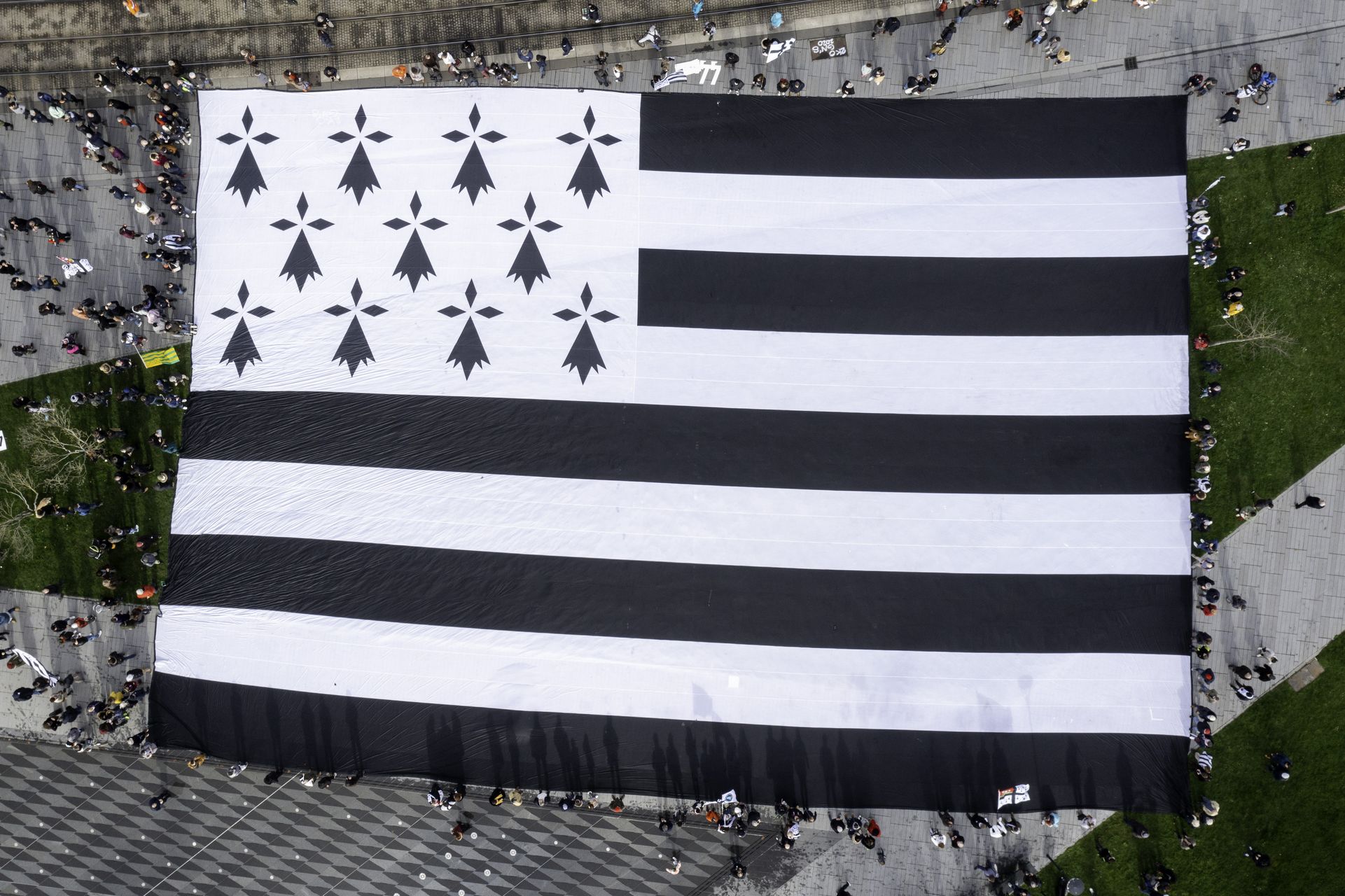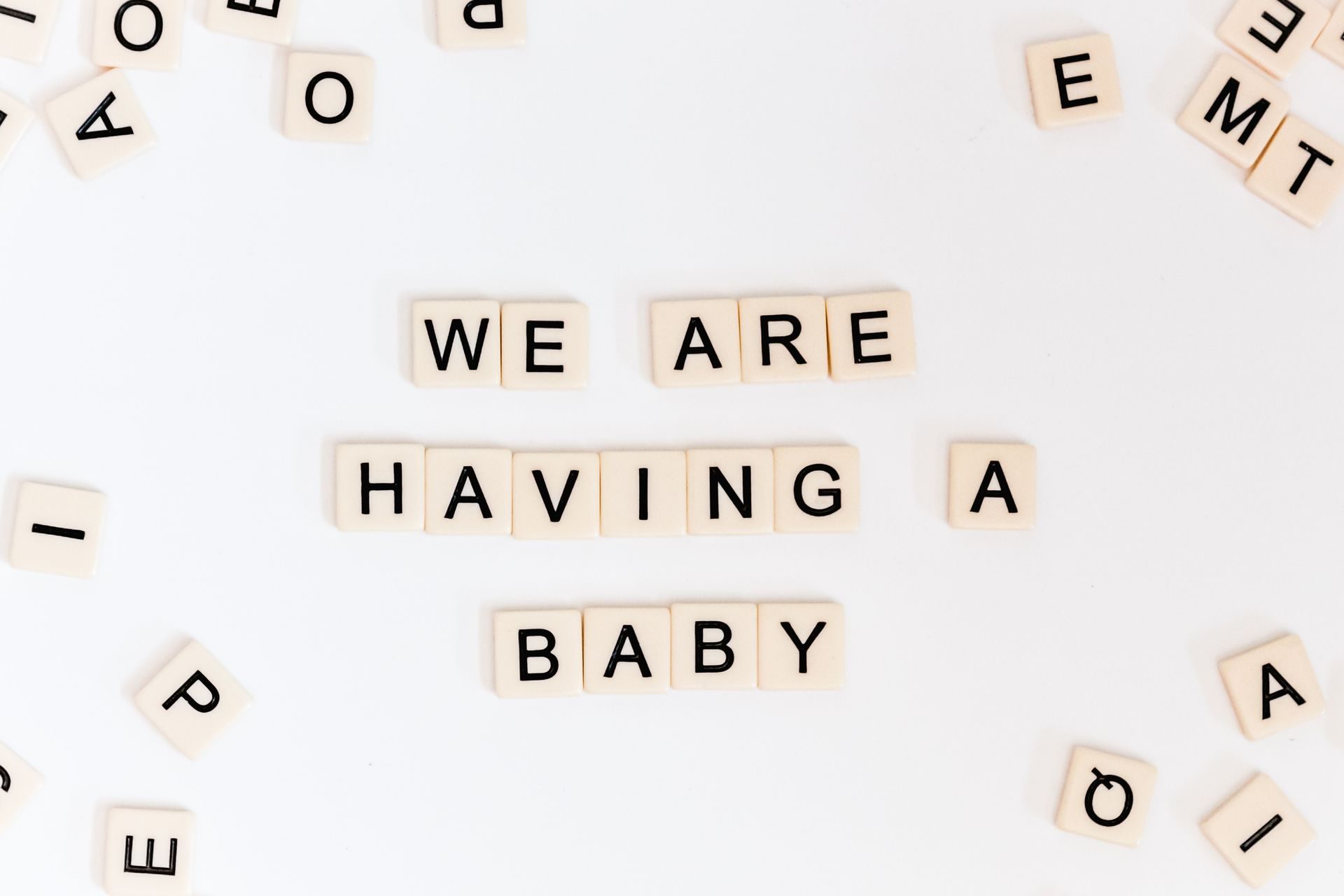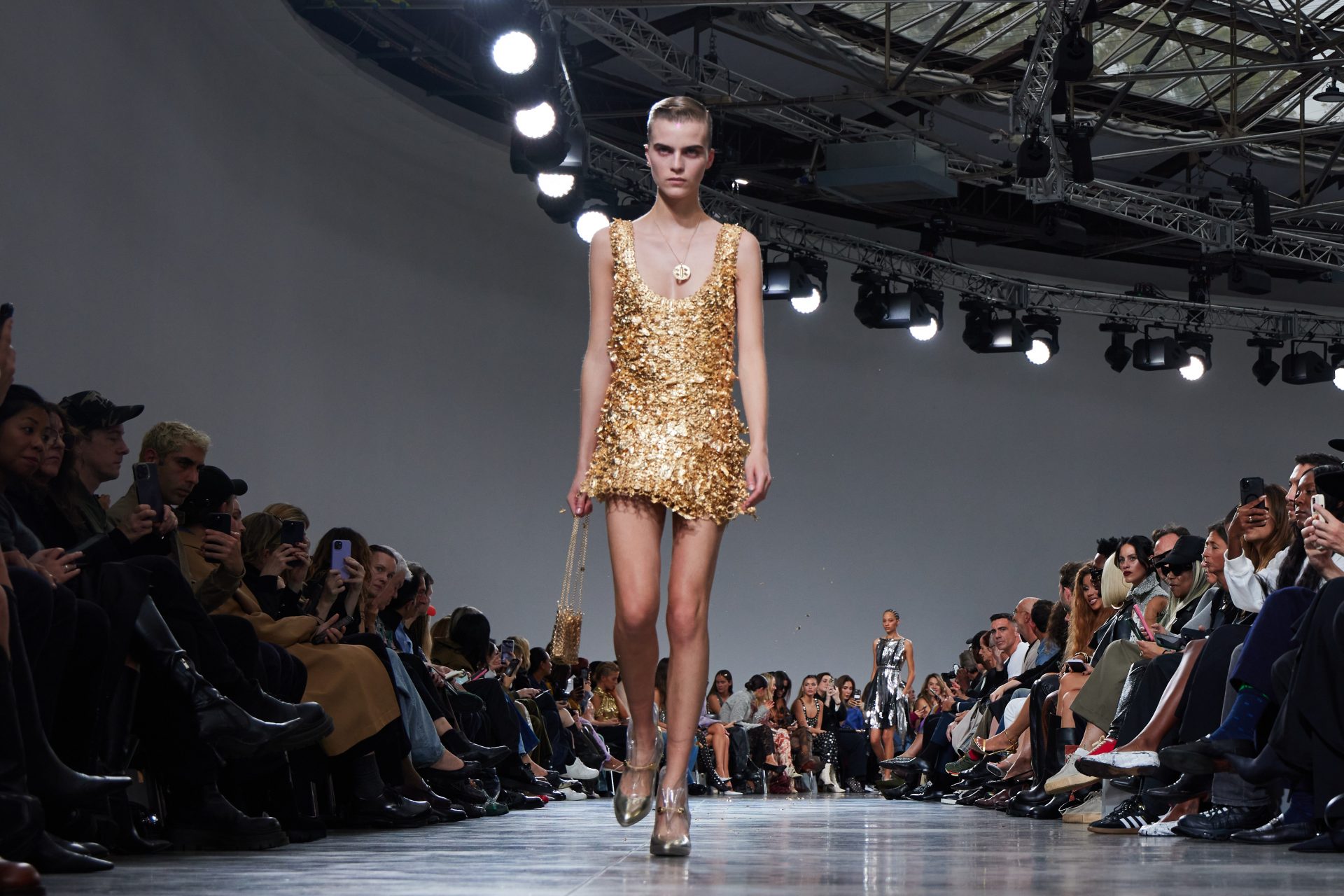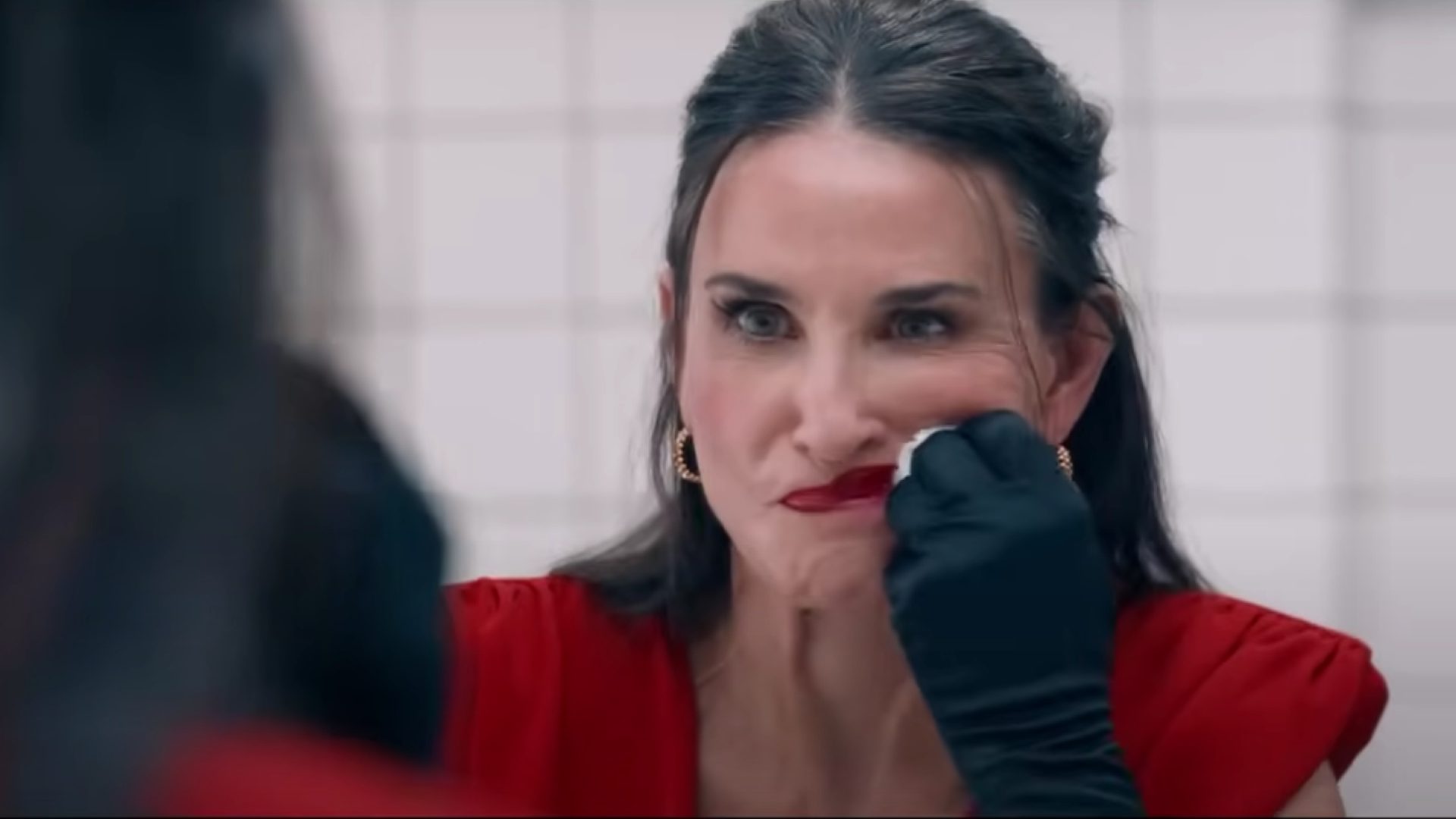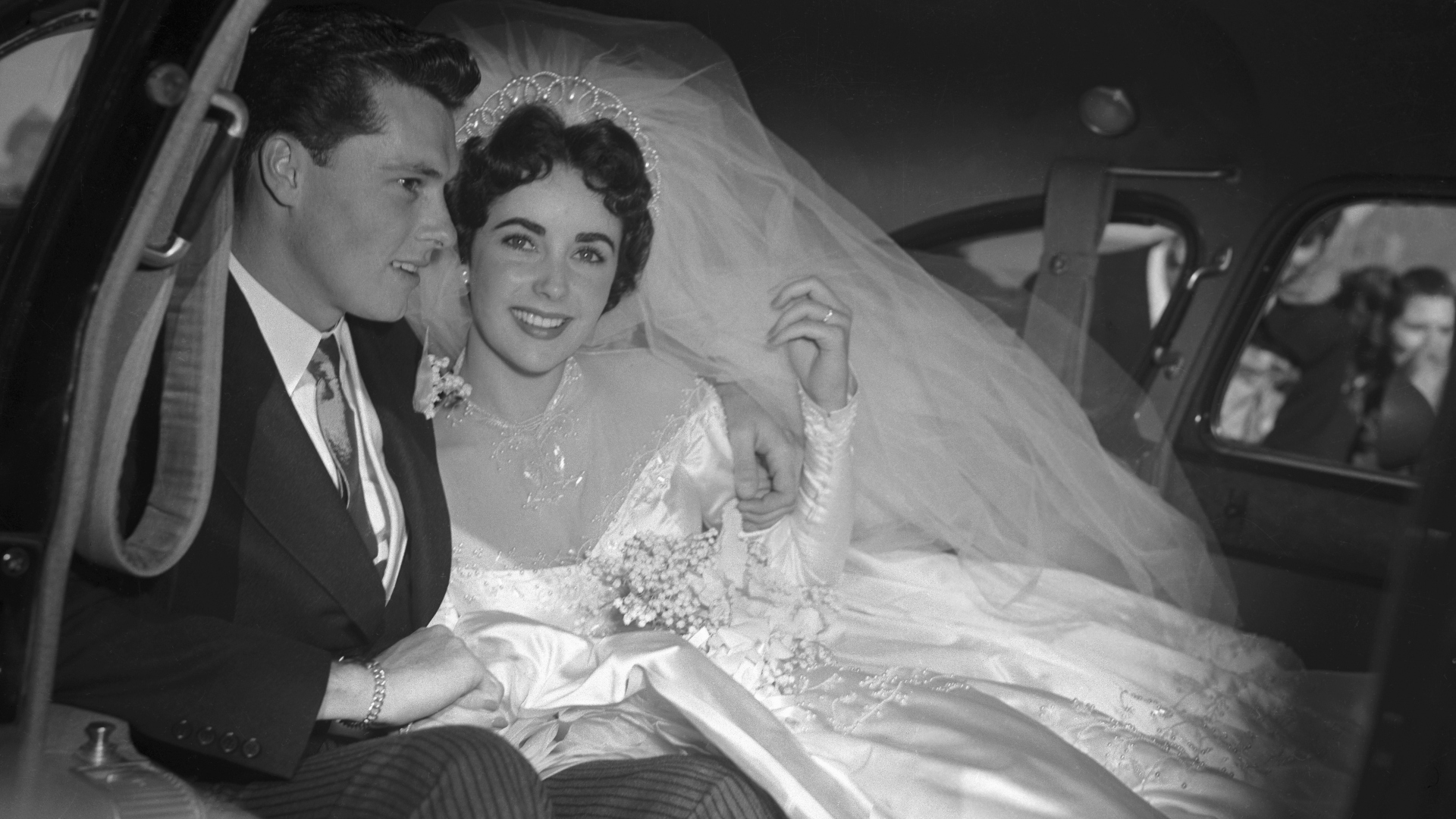A special name for your child? Not everything is allowed!
The choice is immense as there are so many pretty names out there. Be careful though, not everything is possible according to the law!
Like all trends, names come and go with time. In the Western world, in 2021, Gabriel and Raphael were very popular among boys, and Emma and Louise among girls.
Photo: Michal Bar Haim / Unsplash
Some parents like for their children to have a special name. Unusual names can be beautiful and meaningful, but sometimes they can lead to difficulties. We'll explain here.
Photo: Jason Leung / Unsplash
In the past few decades, due to secularization and globalization, parents have tied their children's names less to their religion or national culture and more to whatever comes up in their creative minds.
Photo: Claudio Schwarz / Unsplash
So, in recent years, Nutella, Strawberry, Mini-Cooper, Sponge Bob, and Ikea have been seriously suggested by parents for their newborns.
Photo: Jueun Song / Unsplash
In 2023, the site random.names .com noted that American parents were giving their children names like Snowdrop, Starlette, or Luxury.
In France, the government is quite strict. While the parents are the ones to choose the child's first name, the civil servant may consider the name to be "contrary to the interests of the child," and notify the public prosecutor, who can "refer the matter to the family court judge."
Photo: Eddie Junior / Unsplash
The judge can order the deletion of the first name from the civil status registers if he considers it contrary to the interests of the child. He can even choose a new first name himself if the parents do not offer an acceptable alternative.
But what are names that go against the interest of the child? The French law mentioned these guidelines: the name cannot have "a ridiculous, derogatory or rude appearance or sound" or be "difficult to bear due to of their complexity or the reference to a discredited character in the story, or even words of pure fantasy."
Photo: Brittani Burns / Unsplash
A famous story about an unfortunately chosen name was that of Mégane Renaud in 1999. It was seemingly innocuous until the car manufacturer Renault launched its Mégane model.
The matter went to court. The Nantes public prosecutor had requested the removal of the first name, citing its "prejudicial effect" on the person concerned.
But the parents won their case: the Court of Appeal permitted the retention of the first name, stating that car ranges have a "short lifespan" and that Mégane would probably outlive the care, 'Ouest France' reported.
Photo: Wesley Tingey / Unsplash
In the US, rules are less strict. Even so, you can not put a number or emoji in your child's name, nor make it too long for the government software to process.
Photo: Kindred Hues Photography / Unsplash
In some American states, there are additional laws that some people find discriminatory. For example, California, which has a large Spanish-speaking population, forbids the registration of a name containing a letter with diacritics, such as 'José.'
Photo: Xavier Mouton Photography / Unsplash
Other states' software will disregard capital letters or dashes in the middle of a name. They won't forbid them in general use, but they simply won't appear in the IT systems. Freedom of speech generally goes before all other considerations.
How different are things in France! Famous cases in France of forbidden names were Titeuf (the name of a cartoon character) in 2012 and Mini-Cooper in 2021.
Among the improbable first names given in recent years are also stars' names, such as Aaliyah (image) or Khaleesi, a character from "Game of Thrones".
Other ideas for first names come from history or mythology: Brunehild and Lucretia for little girls, and Hermes for a little boy.
Photo: Hans Reniers / Unsplash
The French only recently permitted "non-traditional spelling" for their children's names, which means that, finally, people could decide for themselves how to spell the name of their own child. However, certain diacritics are prohibited.
Image: Diomari Madulara / Unsplash
In 2017, were prohibited from using the traditional Breton first name Fañch, because the tilde on the "n" does not appear in the French language. This judgment caused an outcry in the region of Brittany and the parents finally won their appeal.
Whatever name you choose, remember that your child will have to go through life with it. Go for something you think is beautiful and won't harm the child. And check your local laws!
Photo: Sincerely Media / Unsplash



